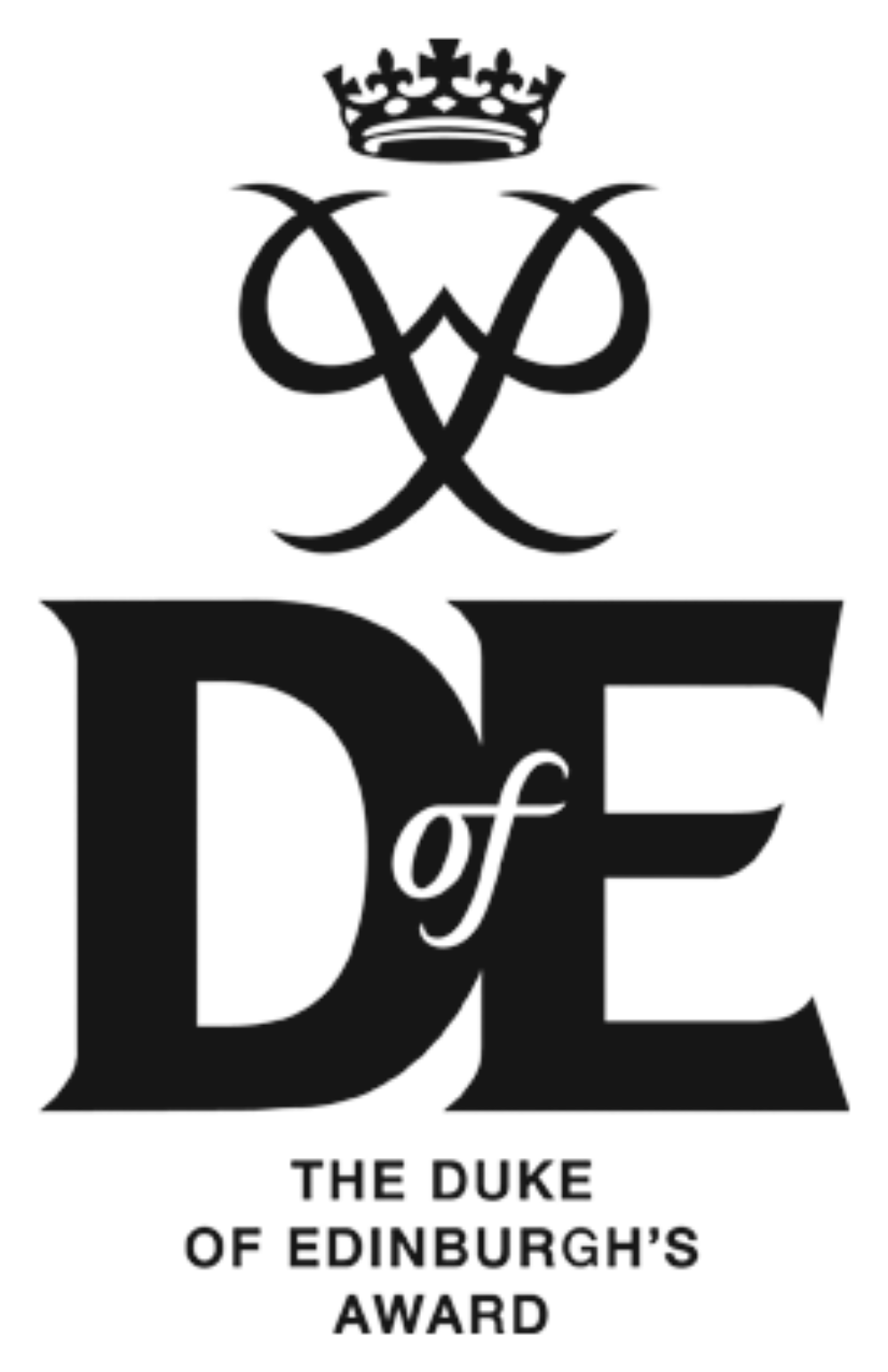COMPUTING
“Computer science is the operating system for all innovations’ - Steve Ballmer
Intent:
Good problem-solving is more than just the solution. It is the decomposition of the problem into its core issues, identifying patterns between them, and then determining a reusable solution to those patterns. This cognisant problem solving is the core of computing teaching, and is the most transferable skill in education.
What is magic?
-
Introduction to computer science: The KS3 computer science curriculum aims to introduce students to the foundational concepts of computer science, including algorithms, programming, data representation, networks, and hardware. It provides a solid foundation for further study in the field and promotes computational thinking skills.
-
Problem-solving skills: Computer science encourages students to think critically and develop problem-solving skills. Through programming tasks and logical thinking exercises, students learn how to break down complex problems into smaller, manageable parts and devise solutions using algorithms and computational methods.
-
Practical programming skills: The curriculum often includes learning programming languages such as Scratch, Python, or JavaScript. Students are taught how to write code, understand its syntax, and apply programming principles to create functional programs. This hands-on experience allows students to see the tangible results of their work and develop their coding abilities.
-
Digital literacy and online safety: The KS3 computer science curriculum also focuses on promoting digital literacy and responsible use of technology. Students learn about online safety, ethical considerations, and the impact of technology on society. They develop an understanding of data protection, privacy, and responsible online behaviour.
-
Creativity and innovation: Computer science provides a platform for students to express their creativity and explore innovative solutions. It encourages them to think outside the box and develop original ideas. Through projects and coding exercises, students can create their own programs, websites, or games, fostering their imagination and innovation.
What will pupils miss?
-
Computational thinking: Computer science introduces students to computational thinking, a problem-solving approach that involves breaking down complex problems into smaller, more manageable parts. This type of thinking is not limited to computer science alone but can be applied to various real-world scenarios. By not studying computer science, students may miss the opportunity to develop these essential analytical and logical thinking skills.
-
Digital literacy: In today's increasingly digital world, having a strong foundation in digital literacy is crucial. Computer science education helps students understand the basics of technology, including how computers and networks work, data representation, and software development. Without studying computer science, students may lack a comprehensive understanding of the digital tools and concepts that are becoming more prevalent in society.
-
Programming and coding skills: Programming is a valuable skill that allows individuals to create software, websites, and apps. Key Stage 3 computer science often includes programming languages such as Scratch, Python, or JavaScript, which help students develop their coding abilities. By not studying computer science, students may miss the opportunity to gain hands-on experience in programming, limiting their ability to pursue careers or hobbies that involve software development.
-
Understanding the impact of technology: Computer science education often explores the societal and ethical implications of technology. It helps students understand the impact of technology on individuals, communities, and the world at large. Without this knowledge, students may have limited awareness of topics such as data privacy, cybersecurity, digital rights, and the ethical considerations surrounding the use of technology.



